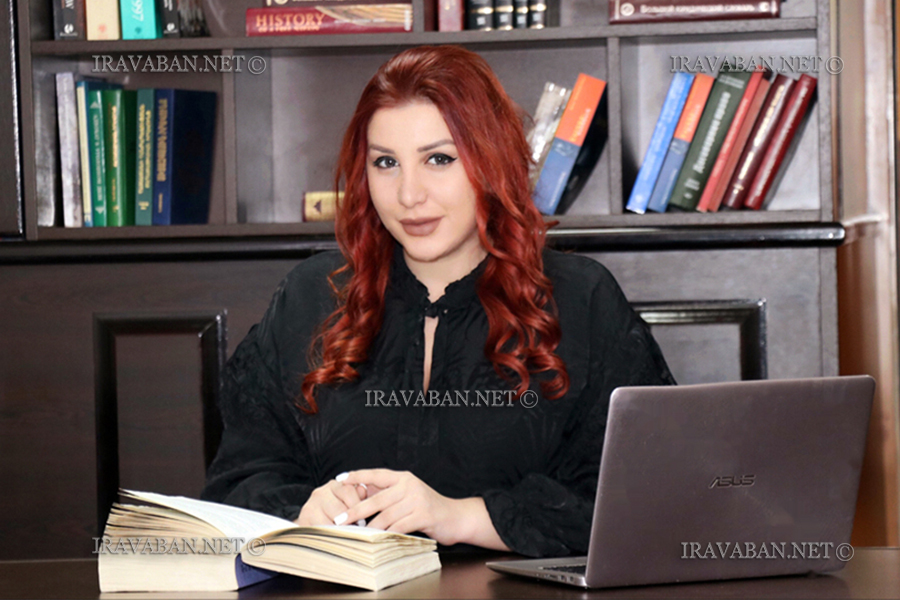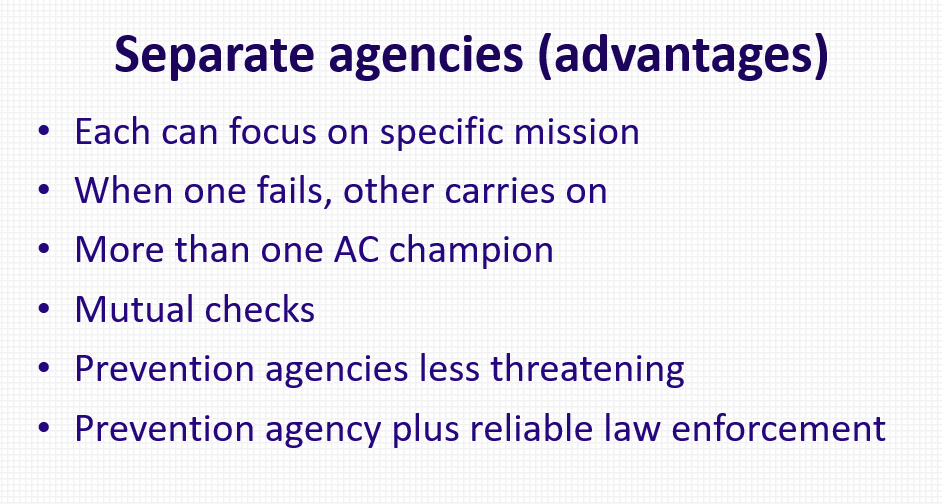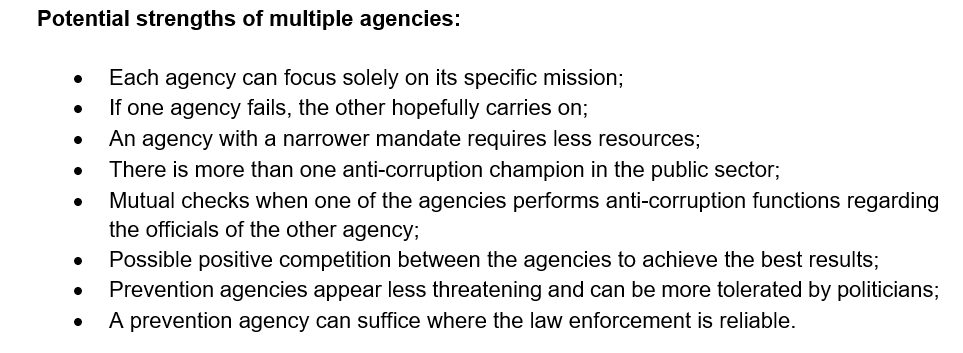
Iravaban.net talked with Ms. Mariam Zadoyan, the Anti-Corruption Expert of the CSO Anti-Corruption Coalition of Armenia, about the best anti-corruption institutional model, the exert opinion introduced by Valts Kalniņš , the Anti-Corruption Expert representing Transparency International and about the Ukraine’s anti-corruption experience.
– Which hat is the best anti-corruption institutional model in your opinion and why?
The vision of our CSO Anti-Corruption Coalition of Armenia is that Armenia should not duplicate a specific model of a particular anti-corruption body of other countries, but it is necessary to adopt the vision of having our own body to fight corruption. In our opinion, this model should be built based on the model of universal anti-corruption body so that this body can carry out law-enforcement, corruption preventions and anti-educational activities in the fight against corruption. International experience shows that it is the best example of anti-corruption body such as in Singapore, Hong Kong, Poland, Lithuania, Latvia, Bhutan, Botswana and others. Moreover, the Lithuanian Anti-Corruption Authority was originally a law enforcement body, but later they understood that they needed a universal anti-corruption body to fight corruption and transformed into a universal one. Moreover, there are studies, for example related to Botswana, which prove that the establishment of a universal anti-corruption body in that country was just the fact, as a result of which activities the level of corruption in the country has dropped. Notably, Albania also tends to have a universal anti-corruption body.
– Anticorruption expert Valts Kalniņš, representing Transparency International, wrote an expert opinion that having a multi-purpose anti-corruption body is more risky. What is your opinion on this issue?
– I would like to note that we have recently participated in an anti-corruption expert discussion, where Mr. Kalniņš clearly noted that he does not give preference to any anti-corruption body. Moreover, in the past, he as an anti-corruption expert, expressed an opinion on the adoption of a universal anti-corruption body by Armenia. So for me, as for an anti-corruption expert, Mr. Kalniņš’ advice on the best model for the anti-corruption body for Armenia is a bit unclear.

In addition, during the above discussion, his report mentioned five arguments against the model of universal anti-corruption body, and later, in his expert opinion, these turn out to be 7.




Similarly, during the discussion, his report contained only six arguments in favor of a separate model, and in a report presented later they miraculously became 8.


As a result, there is an impression that Valts Kalniņš tried to satisfy the customers at all costs, which is not in favor of his professional competence. Moreover, there are a number of other inaccuracies his expert opinion.
– What are the inaccuracies mentioned?
In this opinion, there is an attempt to show the tendencies of development of models of anti-corruption bodies in a way which mention that universal bodies are already outdated, and the countries move to creating separate preventive and law enforcement bodies. One of the examples relates to the Bulgarian Anti-corruption and Forfeiture of Illegally Acquired Assets Commission, qualifying it as a preventive body.
In this regard, it should be noted that the Bulgarian Anti-Corruption Authority cannot be considered as preventive, as it includes the former directorate of the State Agency for National Security, and is therefore eligible to assist the prosecutor’s office in the preliminary investigation of corruption by high-ranking officials. It has a wide range of powers to carry out oversight and operational-intelligence activities. Moreover, the mentioned body was also established on the basis of the commission for the seizure (forfeiture) of illicit assets and is now responsible for the seizure and confiscation of illicit assets. [1] What do you think is this broad scope of powers preventive or law enforcement? Naturally, law enforcement [1] since it incorporates a state-of-the-art directorate for a state-of- it has extensive competence to carry out surveillance and intelligence measures. Furthermore, the mentioned agency has been established on the basis of the former commission for the prohibition of illegal assets, and is now responsible for the seizure and confiscation of illicit assets. As we can see, Bulgaria can be classified as a universal one rather than preventive, and more specifically, Bulgaria has adopted its unique model of fight against corruption. But this was not the only example. Countries that have adopted a universal anti-corruption body in Europe are Poland, Latvia and Lithuania, while the National Anti-Corruption Center of Moldova is also viewed as a universal body, which is not mentioned in the expert opinion. Moreover, there are parallels made between the Ukrainian and Moldovan Anti-Corruption Authorities, trying to show an extensive international experience of having law enforcement and preventive bodies at the same time, although they are completely different, as mentioned above, Moldova has adopted a universal anti-corruption model.
– Recently, there a lot of talks about the adoption of the Ukrainian model of anti-corruption body. What would you say in this regard?
I would like to note that according to international indicators, Ukraine is on a lower position in the fight against corruption than Armenia. So it is unclear to what extent we should adopt the Ukrainian model of fight against corruption. There are several anti-corruption bodies operating in Ukraine currently and we can say, hat the fight against corruption in Ukraine has failed as the preventive anti-corruption body is considered a corrupt and generally ineffective body both, by the Transparency International Ukraine as well as other international expert assessments. At the same time these bodies are in unfair competition with each other, creating mutually unnecessary obstacles. Only one of the Ukrainian law enforcement agencies has recently arrested by several high-ranking officials, but it is not institutional. Let’s consider Armenia. If Nikol Pashinyan, who has shown willingness to fight against corruption, was not the Head of the Government in the RA, discloser of corruption in Armenia would stop. Therefore, it is necessary to have a specialized institutional agency in the fight against corruption and it is necessary to see it in a single universal body in order to avoid the recent anti-corruption inter-agency competition, the flagrant example of which is the unhealthy anti-corruption competition between the State Control Service and the National Security Service.
